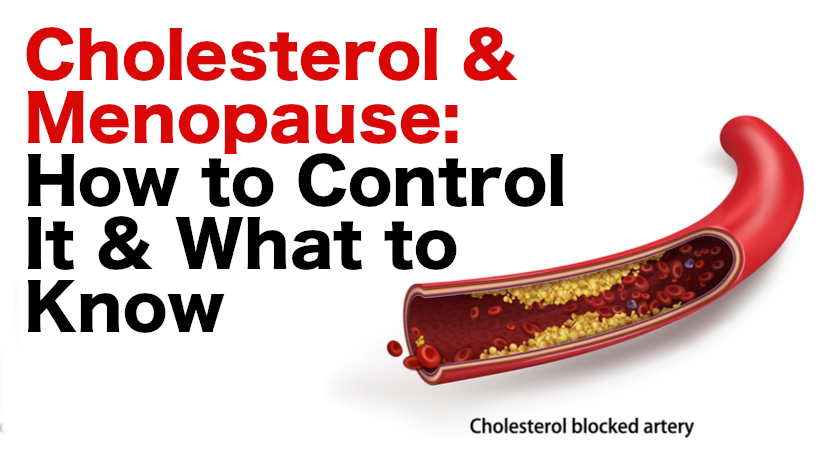Menopause usually occurs naturally around the age of 45 in a woman. During menopause, the period stops, and women may experience other symptoms such as hot flashes, insomnia, dryness, and an increase in cholesterol.
So what is a good cholesterol level?
For most people who don’t have heart or vascular disease, the goal is to get total cholesterol below 200 milligrams per deciliter (mg/dL), non-HDL cholesterol (total minus HDL) to less than 170 mg/dL, and LDL cholesterol to less than 100 mg/dL, says Samia Mora, an associate professor of medicine at Harvard Medical School and a specialist in cardiovascular medicine the Brigham and Women’s Hospital.
It is also important to note that high cholesterol may bring heart attacks and other heart-related problems. Mora states that every woman should know other symptoms that
premature menopause (occurring before age 40)
- certain pregnancy-related conditions, including pre-eclampsia, pregnancy-related hypertension, gestational diabetes, and preterm delivery.
How to Lower Cholesterol During Menopause
Across the board, doctors advocated for lifestyle changes in regards to controlling and lowering cholesterol during menopause.
Dr. Mora says, “Everyone benefits from lifestyle interventions — and the great thing about lifestyle interventions is that if they are done consistently, day in and day out, they have a huge benefit.” She even notes that you can lower your chances of getting a heart attack, stroke, or diabetes by 80-90% by living a healthy lifestyle.
While Dr. Mora does say that statin medications can reduce the total risk of dying from a heart attack, stroke, or diabetes, it also has unpleasant side effects such as weak muscles.
Karen A. Matthews, Ph.D., of the University of Pittsburgh, tells WebMD. even asserts that “most physicians would not start with statins before trying to make changes in lifestyle like following a healthier diet and increasing exercise.”
She explains that one of the possible reasons why women who experience menopausal symptoms may have higher cholesterol is due to the dip in estrogen — a common side effect from menopause.
Specific Dietary Plans
According to the US Cardiology Review, one of the most effective ways to lower LDL cholesterol through dietary changes is by the inclusion of plant sterols or stanols. This means adding foods like margarine, milk products, and yogurts, oats, and soy-based products into your diet.
Sources:



